The Little Book of Kabul explores what it means to be an artist in the Afghan capital. [To view the images, please click on the mini gallery on the right.]
The Little Book of Kabul is a book project that depicts a portrait of Kabul through the daily activities of a number of artists who live in the city. With an evocative tone, it focuses on the tiny details that escape grand narratives. Colors and gestures, smells and accents. In 20 short stories and 47 black and white photographs, The Little Book of Kabul dives into the lives of the three main characters exploring what it means to be an artist in Kabul and hence unveiling the beauty and brutality of the city.
At the center of the narrative are Kabul Dreams, an Indie rock band; Rahim Walizada, an interior and carpet designer; and the Center for Contemporary Arts Afghanistan (CCAA), the oldest contemporary arts school in town. Around them move other visual artists, musicians, the poets of the Pashto poetry society, the actors of the Afghanistan National Theatre who contribute weaving the diverse microcosm of cultural practices in Kabul.
The research for The Little Book of Kabul began in 2011 with an eye towards the future. With 2014 still looming far, concerns of what would become of the country after the scheduled drawdown of the international forces and the national elections were already on the minds of many. Political instability, combined with the pervasive presence of development agencies and the constant flux of aid money, fostered a widespread and dangerous dependency mentality that left the issue of long-term sustainability open. However low on the priority list of political agendas, cultural production has not been exempt from such dynamics.
Women, children, corruption became art themes, following the direct requests of funding agencies, which would mostly support temporary “artistic” projects directed to promoting a specific educational message. This attitude left little space to spontaneous creativity and experimentation, thus encouraging the growth of an art scene that is more responsive than proactive.
We wondered if such an analysis was completely accurate and would give the full picture of what was really going on in the small but diverse creative community in Kabul. The artists featured in The Little Book of Kabul were therefore selected on the grounds of these observations: once donors’ money will fade, who are the artists who would still be working? Who are those whose commitment is such that it is not determined by international funding that does not cater to a developmental agenda?
We looked for people who were interested in a dialogue within and outside the country, but would not entirely rely on external support to do art; for people who would make of the creative drive the main motivation of their daily practices.
Having followed Kabul Dreams, Rahim Walizada and the CCAA for more than a year, we got to appreciate their struggles, their contradictions, the relationship with their surroundings, as well as their complex negotiations with social customs and constraints. The borders between the professional and the personal soon started to blur. We celebrated birthdays together and discussed financial concerns, we shared frustrations and ambitions, we looked after each other and sought each other’s advice. The commitment to a slow pace and the long-term interaction seamlessly fostered a growing familiarity, thus giving the narrative a distinct intimate hue. We cherished proximity and hence engaged at a personal level, each of us with their own stories and vulnerabilities.
The result is a small odyssey – a journey without compass or guidance.
The Little Book of Kabul does not aspire to reveal truths or give any explanation about Afghanistan, does not provide either recipes for future success or memorable exempla. Rather, the book is an invitation and a request to explore: there is nothing we want the reader to see except for what she wants to make of what she encounters in it. Photos and words are interwoven, they don’t explain or illustrate each other. The narrative is built around microscopic, almost unnoticeable visual and textual connections: a riddle that may or may not be solved and hopefully a charm to return to its pages and discover some more.
The Little Book of Kabul is conceived as an artisanal object as much as a book to read and look at. It is a self-published, limited edition of 500 signed and numbered copies.
The views expressed in this article are the author’s own and do not necessarily reflect Fair Observer’s editorial policy.
Support Fair Observer
We rely on your support for our independence, diversity and quality.
For more than 10 years, Fair Observer has been free, fair and independent. No billionaire owns us, no advertisers control us. We are a reader-supported nonprofit. Unlike many other publications, we keep our content free for readers regardless of where they live or whether they can afford to pay. We have no paywalls and no ads.
In the post-truth era of fake news, echo chambers and filter bubbles, we publish a plurality of perspectives from around the world. Anyone can publish with us, but everyone goes through a rigorous editorial process. So, you get fact-checked, well-reasoned content instead of noise.
We publish 2,500+ voices from 90+ countries. We also conduct education and training programs
on subjects ranging from digital media and journalism to writing and critical thinking. This
doesn’t come cheap. Servers, editors, trainers and web developers cost
money.
Please consider supporting us on a regular basis as a recurring donor or a
sustaining member.
Will you support FO’s journalism?
We rely on your support for our independence, diversity and quality.


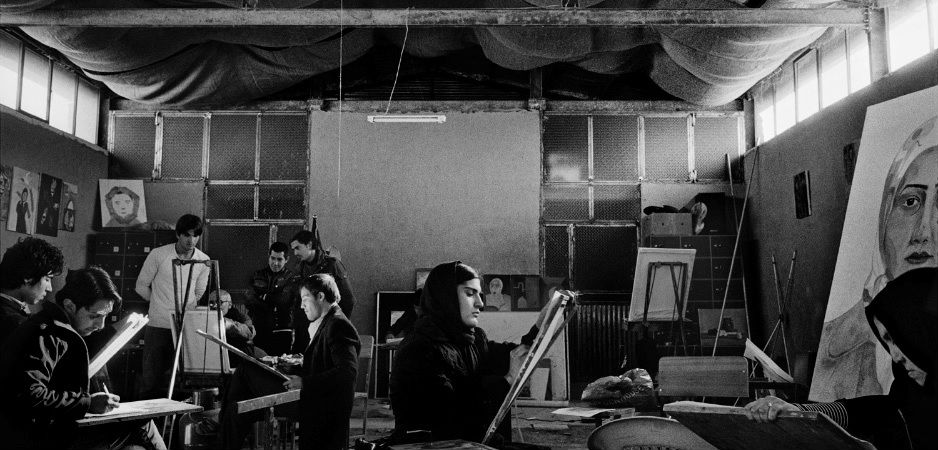


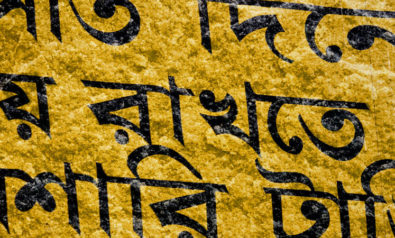

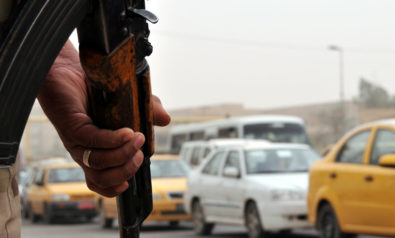
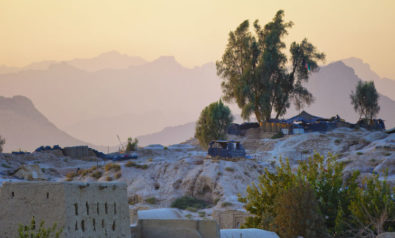

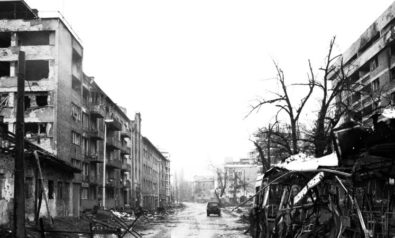


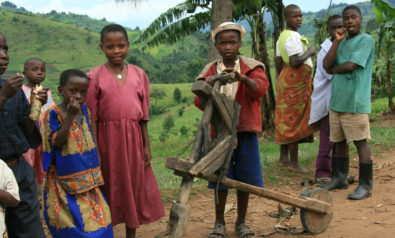






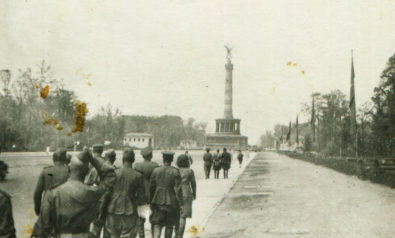






Comment